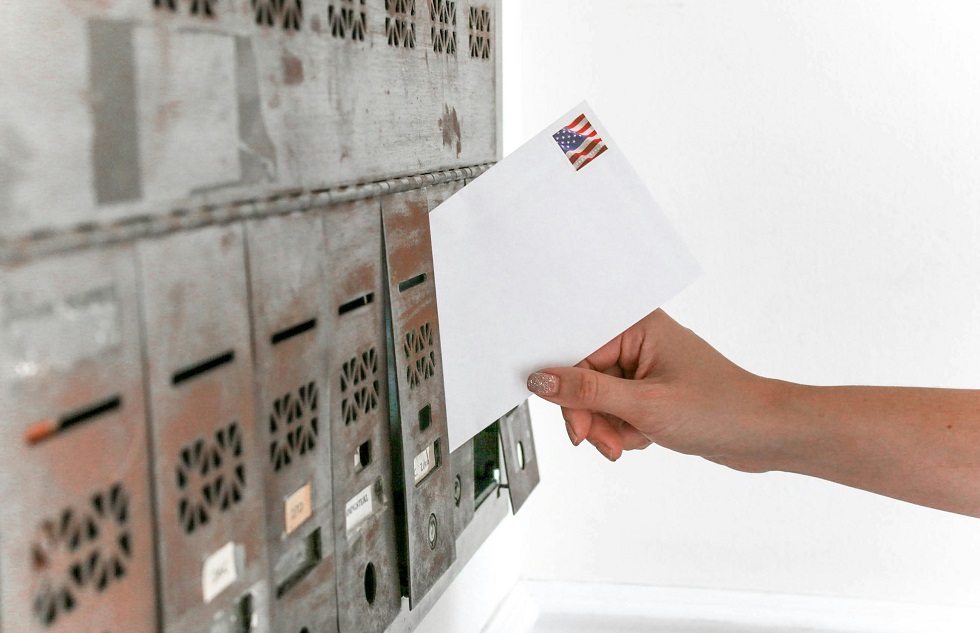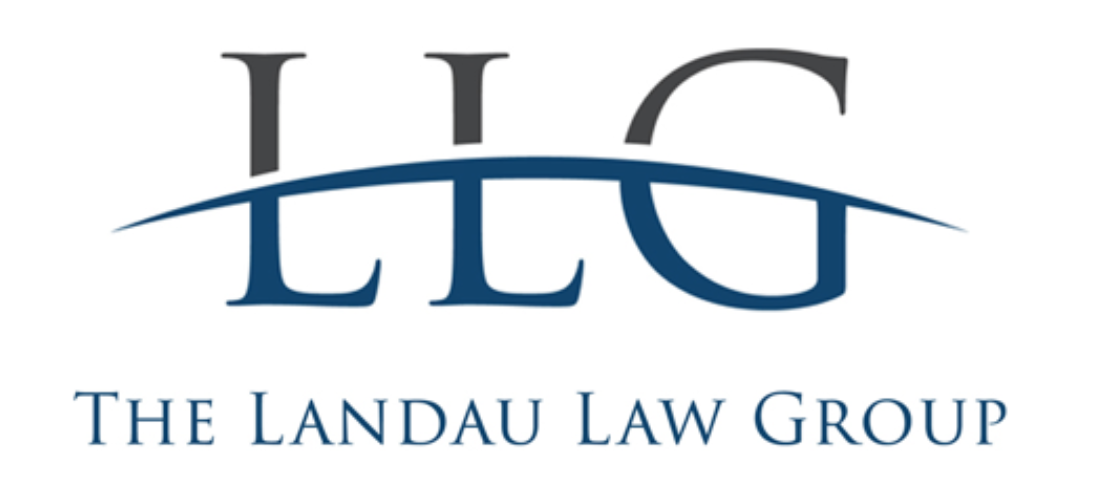How to Successfully Deal with Insurance Adjusters and Secure Your Compensation
Insurance adjusters are skilled professionals employed by insurance companies, and their primary goal is to minimize the amount of money they pay out on claims.
In this comprehensive guide, we’ll share valuable insights on how to deal with an insurance adjuster and navigate the tricky waters of insurance claims.
Who is an Insurance Adjuster?
Insurance adjusters are individuals hired by insurance companies to assess and handle insurance claims. They play a pivotal role in determining the amount of compensation you receive after an accident or injury. Understanding their role and motives is essential to protect your interests.
At Landau Law, we want you to know that insurance adjusters are not your allies. They work for the insurance company and are focused on saving their employer money. When you’re involved in an accident and file a claim, the insurance company sends an adjuster to evaluate the value of your claim. While they may seem friendly, their objective is to settle your claim as quickly and inexpensively as possible.
The Dirty Tricks of Insurance Adjusters
Insurance adjusters have an arsenal of tactics to achieve their goal of reducing your settlement. It’s crucial to be aware of these tricks and strategies so that you can protect your rights and receive fair compensation. Let’s delve into some common insurance adjuster tricks:
1. Denying Liability
Insurance adjusters often refuse to admit their insured’s liability for an accident or claim. This tactic is designed to minimize the insurance company’s financial responsibility. They may even ask loaded questions to get you to admit fault. Be cautious when answering their inquiries.
2. Delaying the Claims Process
Delaying your claim is another tactic adjusters employ. They may fail to answer your calls or return messages, hoping to frustrate you into accepting a lowball settlement offer. We know how crucial timely compensation is, and we’re here to help you navigate these obstacles.
3. Avoiding Communication
Insurance adjusters may be difficult to reach, and this isn’t always due to their workload. Sometimes, it’s a strategic move to force you into accepting a low offer. We recommend seeking legal advice if you’re struggling to communicate with an adjuster.
4. Using Your Records Against You
Be cautious when providing records to an adjuster. They may use your complete history, even unrelated issues, to reduce their liability. Always review any authorizations carefully before granting access to your records.
5. Requesting Recorded Statements
Adjusters may request recorded statements, which can be manipulated to weaken your claim. You have the right to decline, and we advise consulting with us before agreeing to any recorded statements.
6. Surveillance and Social Media Monitoring
Insurance adjusters may conduct surveillance and monitor your social media accounts to find evidence that contradicts your claim. Be mindful of what you share online during this process.
7. Discouraging Legal Representation
One of the most concerning tactics is adjusters discouraging you from seeking legal representation. They might suggest that involving an attorney is unnecessary. However, having an experienced personal injury attorney on your side can make a significant difference in the outcome of your claim.
Understanding Bad Faith Insurance Claims Handling
Bad faith insurance practices occur when insurance companies act unfairly or dishonestly toward their insured. This can have serious consequences for your claim. Understanding your rights and the legal framework is crucial:
– Florida Statute 624.155
This statute is key to understanding Florida’s bad faith insurance law. It allows individuals to bring civil actions against insurers who fail to settle claims in good faith.
– Common Examples of Bad Faith Conduct
Bad faith can manifest in various ways, such as refusing to conduct a reasonable investigation, denying valid claims, altering policy terms, or using deceptive tactics. If you suspect bad faith, it’s vital to consult with us to protect your rights.
How a Personal Injury Lawyer Can Help
At Landau Law, we specialize in helping clients navigate the complexities of insurance claims. Our experienced personal injury attorneys are dedicated to ensuring your rights are protected, and you receive fair compensation. Here’s how we can assist you:
– Legal Expertise
Our team possesses in-depth knowledge of insurance laws and regulations, enabling us to provide expert guidance tailored to your specific case.
– Protecting Your Rights
We’ll ensure that your rights as an injured party are respected throughout the claims process.
– Maximizing Compensation
Our goal is to help you receive the maximum compensation you deserve. We’ll negotiate with the insurance company on your behalf and, if necessary, represent you in court.
Landau Law: Florida Property Damage Claims Lawyers
Dealing with insurance adjusters and their tactics can be daunting, but you don’t have to face it alone. At Landau Law, we’re here to help you every step of the way. Remember, insurance adjusters work for the insurance company, not you. Your best interests are our priority.
If you’ve been injured in an accident and are dealing with insurance adjusters, don’t hesitate to contact us for a free consultation. We can provide you with valuable information to protect your claim and guide you toward the fair compensation you deserve. Let us be your advocate during this challenging time.
Florida Property Damage Lawyers
Property Damage Blog Posts

How Do Home Insurance Companies Determine Pre-existing Damage?
Home insurance companies employ various methods to assess pre-existing damage when evaluating property damage claims. This process is crucial for insurers to determine the validity and extent of coverage for property damage. Insurance adjusters conduct thorough visual...

Signs Your Insurance Adjuster Estimate Is Too Low
Insurance claims can be complex, and receiving an adjuster's estimate that seems too low is a common frustration for policyholders. Recognizing the signs of an undervalued estimate is crucial to ensure fair compensation for property damage or losses. Key indicators of...

Why Does Florida Have So Many Hurricanes?
Florida is renowned for its beautiful beaches, vibrant culture, and, unfortunately, its frequent encounters with hurricanes. The state's unique geographical location and climate conditions make it particularly vulnerable to these powerful storms. Florida's position on...

What To Do If You’re Denied Hurricane Damage Claim For Home
Hurricane damage can be devastating for Florida homeowners, leaving them in a state of distress and financial uncertainty. When insurance claims for such damage are denied, it adds another layer of stress to an already difficult situation. Facing a denied claim...

Guide To Documenting Damages For A Florida Flood Claim
Proper documentation of flood damage is crucial for a successful insurance claim in Florida. When floodwaters recede, homeowners face the daunting task of assessing and recording the extent of their losses. Thorough documentation, including photos, videos, and...

What To Do If You Disagree With A Home Insurance Adjuster
Dealing with a home insurance claim can be stressful, especially when you disagree with the adjuster's assessment. Many homeowners find themselves in this frustrating situation after experiencing property damage or loss. If you disagree with the insurance adjuster's...

How To Sue Your Neighbor for Property Damage in Florida
Property damage disputes between neighbors can quickly escalate, turning once-friendly relationships sour. If you're facing significant property damage caused by a neighbor in Florida, legal action may be necessary to protect your interests and recover damages. In...

Common Reasons Your Florida Hurricane Damage Insurance Claim May Be Denied
Florida homeowners face a daunting challenge when their hurricane damage insurance claims are denied. Understanding the common reasons for these denials can help you navigate the claims process more effectively. Insurance companies may deny claims due to inadequate...




